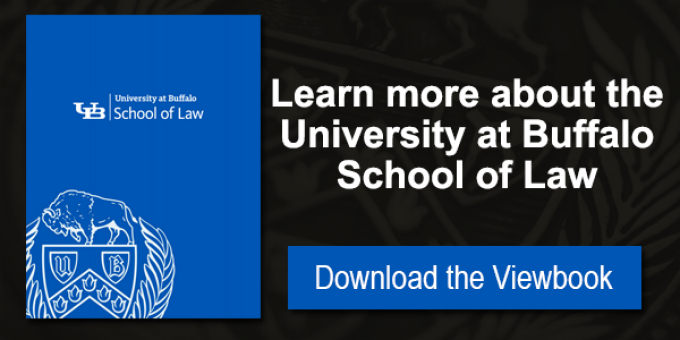
Photo by Andrew Schultz on Unsplash
Published April 16, 2018 This content is archived.
Getting Your Cross-Border LL.M.: The Basics
In New York alone, $33.8 billion in goods are traded with Canada every year.
With growing international trade - and subsequent politics and other cross-border interactions - comes the need for cross-border legal oversight. That means international lawyers are in high demand. And, as with any career, more education means more opportunities - both as a recent graduate and established attorney.
If you’re interested in fast-tracking your global law career, here’s what you need to know.
Benefits
Lawyers with cross-border education can find work anywhere in the world.
Due to increasing cross-border communication and trade, international lawyers may find jobs easier to come by despite the overall legal field’s saturation. This is true in both the public and private sectors.
Requirements
To get your LL.M. in cross-border legal studies, you’ll need a first degree in law. Some schools will allow you to complete a J.D. and LL.M. at the same time, however, that is not currently an option at UB School of Law.
A cross-border LL.M. program typically takes a year to complete, with a mandatory capstone course.
Salary
As with any job, your salary will depend on your field of study and career path. Additionally, because international law can take you anywhere in the world, jobs vary greatly across location, employer, and field.
The starting salary for an associate in a New York law firm ranges from $82,000 to $86,000. Experienced international attorneys can make well over $150,000 per year.
Cross-border law work may be short-term, long-term, or project-based.
Career Options
What can you actually do with a Master’s in International Law? You can choose to work in any of the following sectors (or blaze your own trail):
- Government
- Courts
- Academics
- Private sector
- Consulting or mediation
- Non-profit groups
What are employers looking for?
Your LL.M. degree gives you a unique advantage. How else can you make your resume stand out? Optional (but highly recommended) resume builders include:
- Clinical experience
- Law review experience
- International study or legal work
- Association with the ABA’s Section of International Law
- Mentorship from an experienced international attorney
- Foreign language proficiency
- Strong interest in practicing law in a multicultural setting
Want to know more about getting a postgraduate international law degree? Check out our Cross-Border LL.M. page or contact our Admissions Office! We’re happy to answer any questions.
Pretty self-explanatory. Check out the school and see if you vibe with the environment & culture. Don’t go in blind!

Guest blogger Ashley Wilson-Rew is Content Strategist & SEM at protocol 80, Inc.
